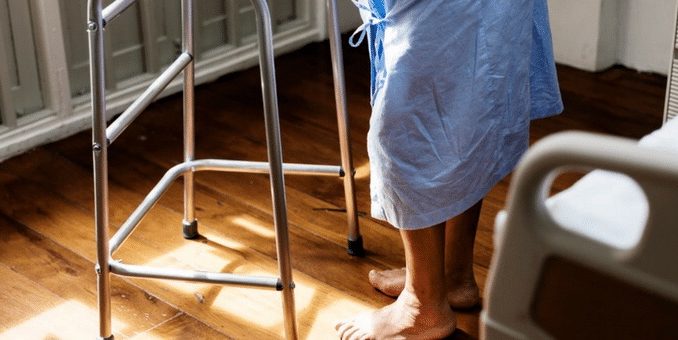
The Non-Terminally Ill
When a person becomes ill and his prognosis indicates a seri-
ous condition, but not a terminal illness, and the patient is not
in a life-threatening situation, yet he is granted permission
(rukhsah) to break his fast.
This permission does not include simple illnesses, such as a
headache or stomach ache. All these do not warrant breaking
the fast. If fasting becomes harmful for the patient, then it is
becomes mandatory for him to break his fast. Allah (SWT)
said:
“Nor kill (or destroy) yourselves, for Allah has been to you Most Merciful.”
(Al-Qur’an, 4:29)
Elsewhere, He stated:
“And make not your own hands contribute to
(your) destruction…”
(Al-Qur’an, 2:195)
These two verses are general in everything that one may do
which might undermine the integrity of life. In a Hadith re-ported by Bukhari, the Messenger of Allah (SWT) said:
“Your soul, indeed, has rights on you!” (Bukhari)
Among its rights is your protecting it from harm.
If one falls sick during the daytime and completing fast be-
comes hard on him, he is permitted to break his fast for this
reason. If he is cured during the daytime, say 10:00 a.m., and
he has not been fasting, his fast for that day is not valid because
he was not fasting at the beginning of the day, and the fast is
for all day not half of the day.
However, he would have to make up the day or days he missed
after Ramadan. Allah (SWT) states:
“Fasting is for a fixed number of days, but if any
of you is ill,
or on a journey, the prescribed
number (missed) should be made up…”
(Al-Qur’an, 2:184)
This verse indicates that when the believer intends to fast and
discovers during a journey that he or she can not continue, he
should break and make it up later.
If a traveler who is not fast-ing returns home during the daytime, his fasting of that day is
invalid because he did not observe it from the beginning of the day.
The mandatory fast starts with the break of dawn.
Should he observe the rest of the day in fasting or not?
Some scholars say he should restrain from eating the rest of the day as respect for the fast, although he would have to make it up later.
But others said there is no valid reason to force a person
who has been permitted by the Lawgiver not to fast at the be-ginning of the day, to abstain for the rest of the day.
That is why Abdullah bin Mas’eud (raa) said,
“Whoever eats in the beginning of the day should eat at the end of the day.” (Majalis Shar Ramadan)
This means if a person is allowed to east early part of the morning due certain valid reasons, it is lawful for him to eat at
the later part of the day.
This is also the ruling of Malik and Shafi’e. But they say he should not eat or drink in public be-cause no one knows the reason of his breaking and,
so that they do not think badly of him, or so some weak-minded person will not try to emulate his action.
